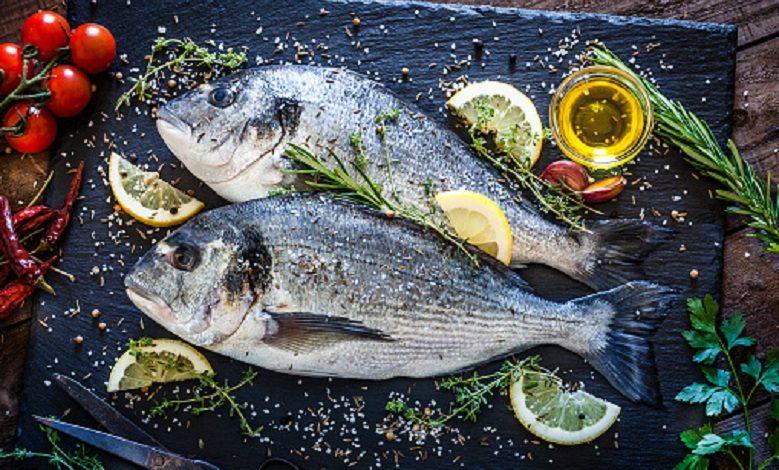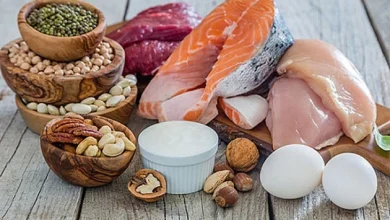Forget these myths of eating less salt and more fish – scientist says

A British geneticist dispels common myths about healthy eating, claiming that much of the advice in this area is not supported by science.
Eating less fat and sugar, drinking at least eight glasses of water a day, never skipping breakfast, and getting more exercise: this advice is given to us through the media, brochures in medical offices, and even on the labels of certain foods.
But much of this advice is not supported by science and some of it may simply not be true, says geneticist Tim Spector in an article in the Daily Mail. Against this backdrop, he dispels common myths about healthy eating.
Breakfast
Thus, according to him, the statement “if you skip breakfast, you will gain weight” is entirely false.
He recalls the review of breakfast studies that was published in the British Medical Journal in 2019, which found no evidence to support the claim that skipping meals causes weight gain.
Salt
It also sweeps away the assertion about the dangers of salt.
“For the past 20 years, governments have been encouraging us to reduce our consumption, and we’ve been told that reducing it to less than six grams (one and a quarter teaspoon) a day is the key to reducing blood pressure, stroke and heart disease,” says Tim Spector.
Yet the reduction in blood pressure resulting from salt reduction is surprisingly small and clinically insignificant, he notes.
Veganism
He also mentions the vegan diet. The number of vegans in the UK almost quadrupled between 2014 and 2019, with one in eight Britons describing themselves as vegan or vegetarian. But is this diet really as healthy as we think it is?
According to him, whether a sausage is made with pork or meat substitutes, whether a hamburger is beef or soya, they are all highly processed and high in calories, saturated fat, and salt. While vegan fish sticks contain up to 40 artificial ingredients.
When it comes to milk, there is no evidence that herbal products are healthier than cow’s milk. Many lack nutrients such as calcium, iron, and vitamin B12 found in dairy products. They may contain excessive levels of chemicals and additives.
Fish
Tim Spector also mentions the many messages sent to consumers claiming that fish is one of the healthiest foods. However, high levels of antibiotics are used to help farmed fish to thrive.
“Our obsession with fish has been manipulated by feed and supplement companies,” he says. In fact, there is no evidence that omega-3 supplements are beneficial to health.




